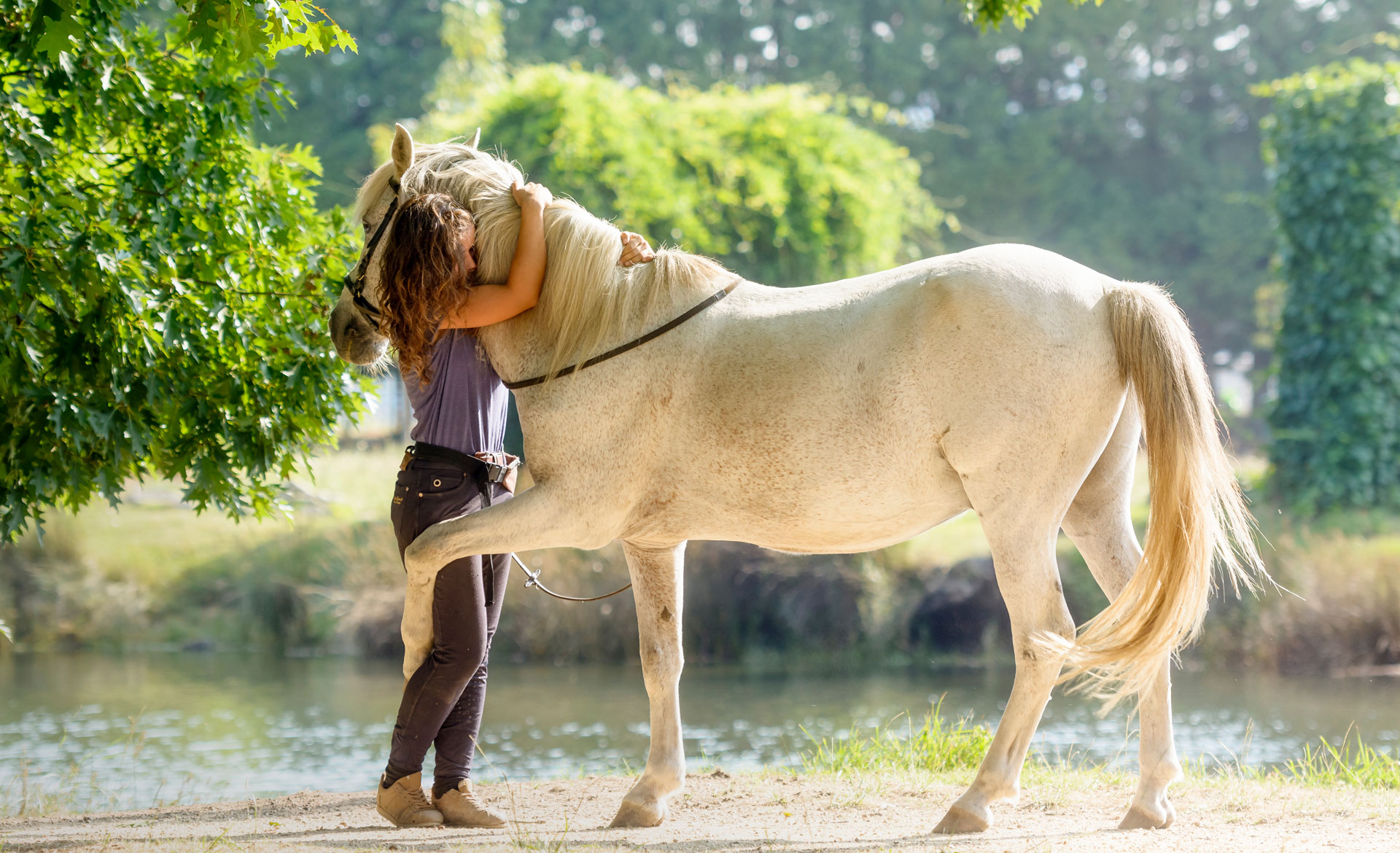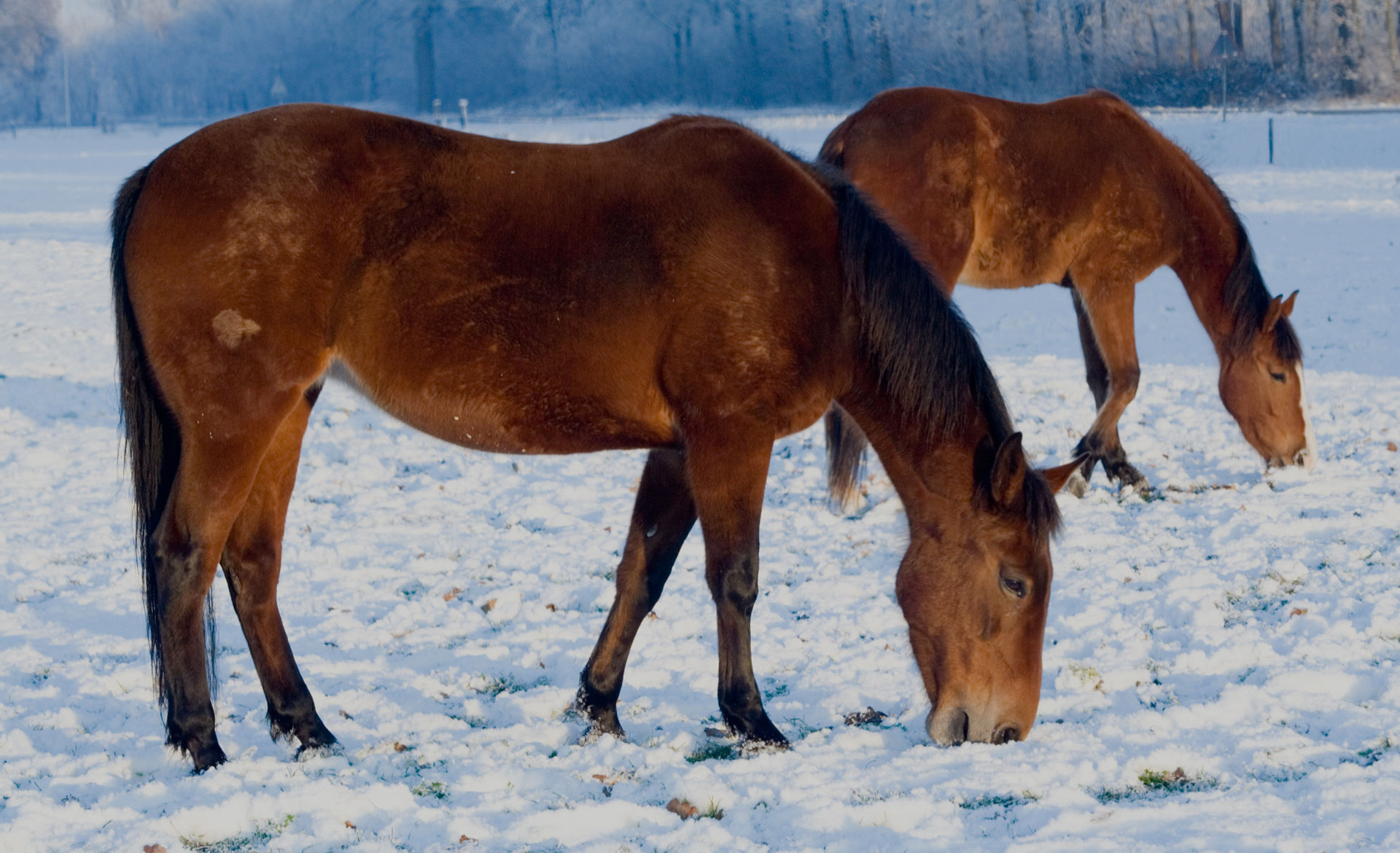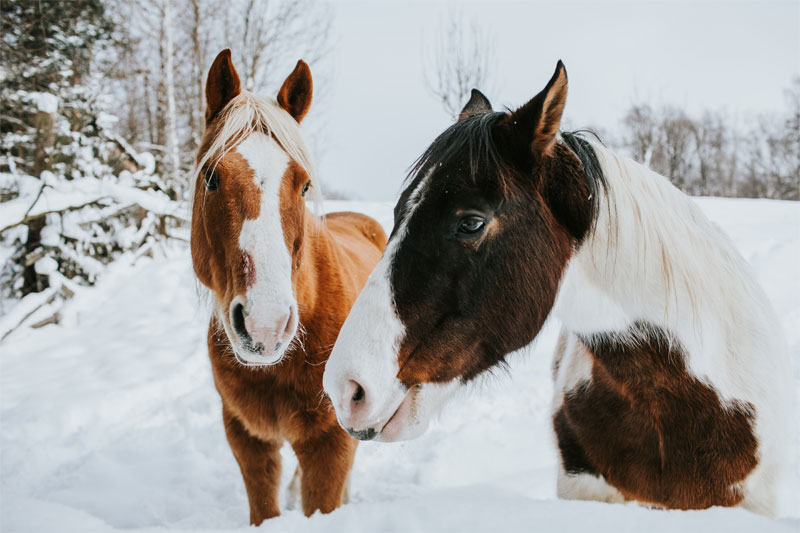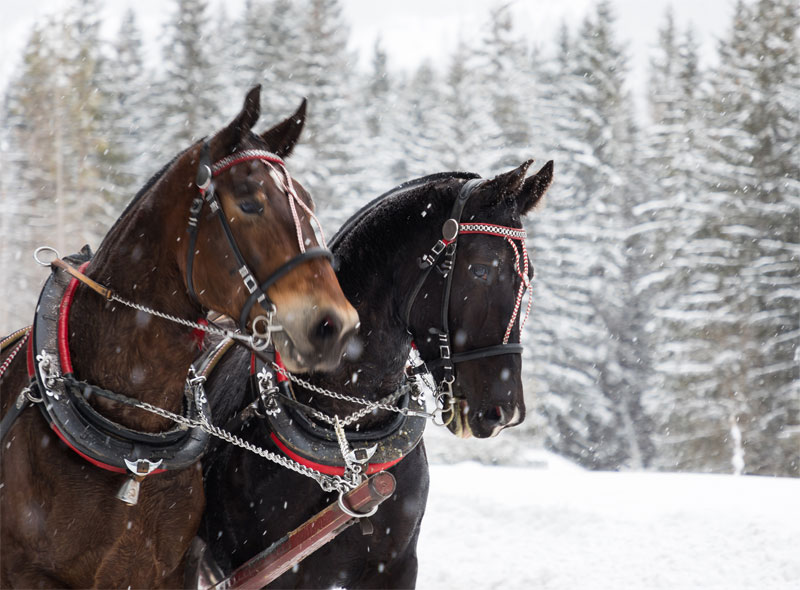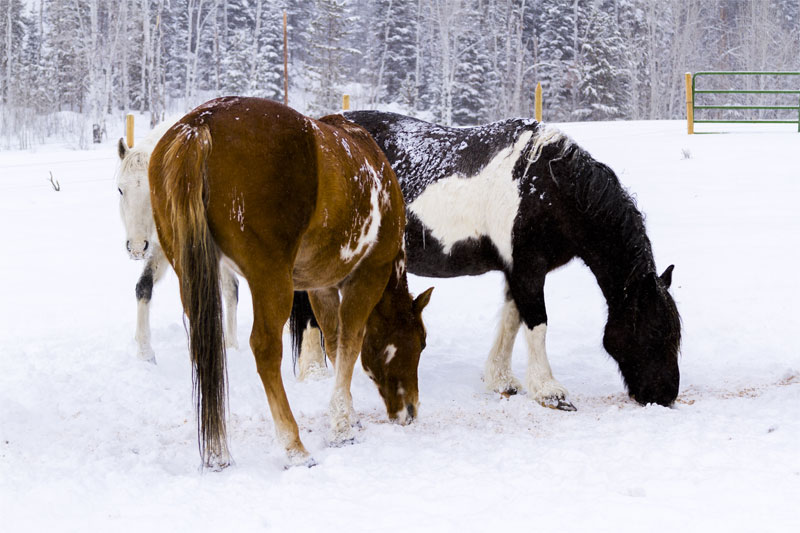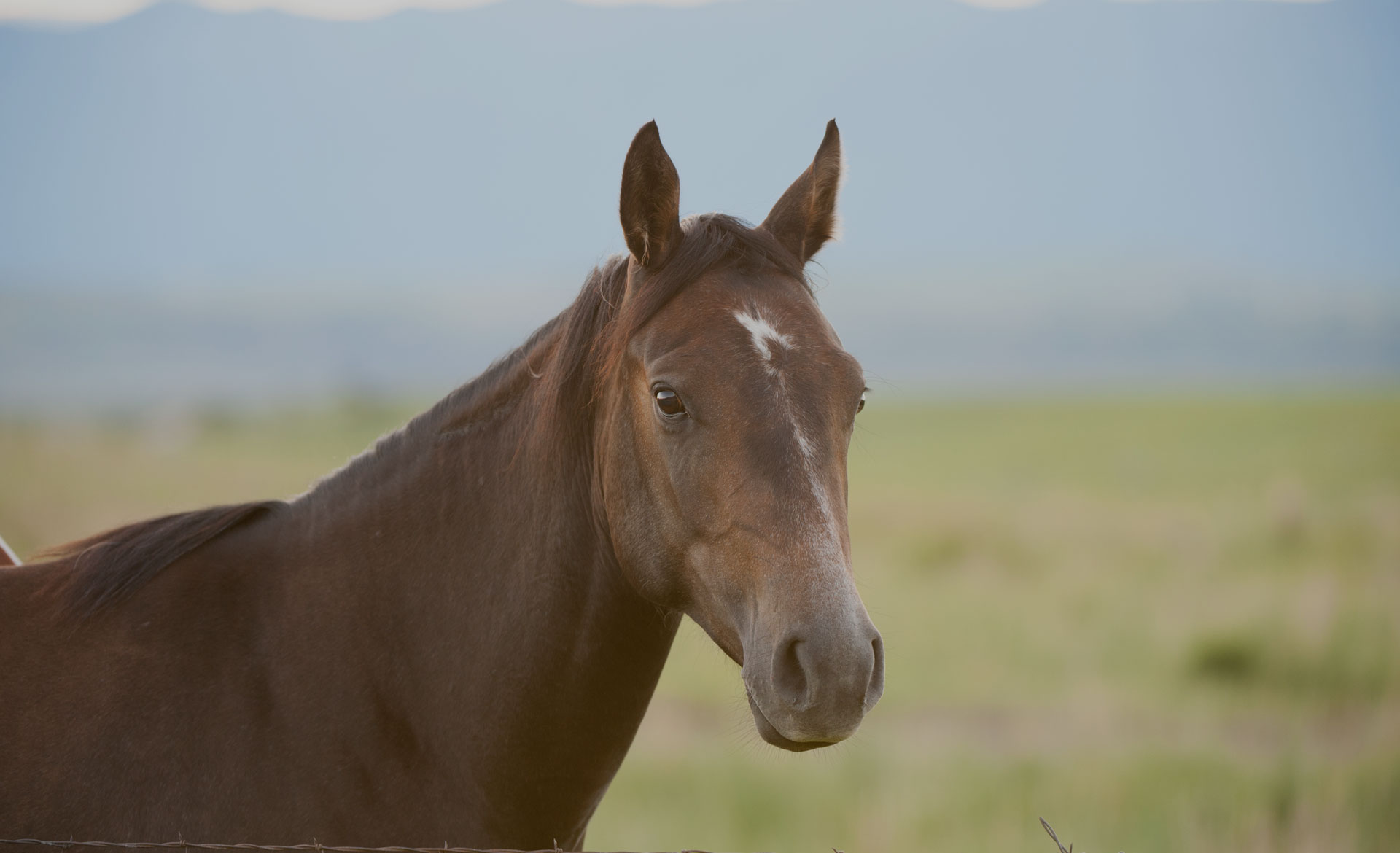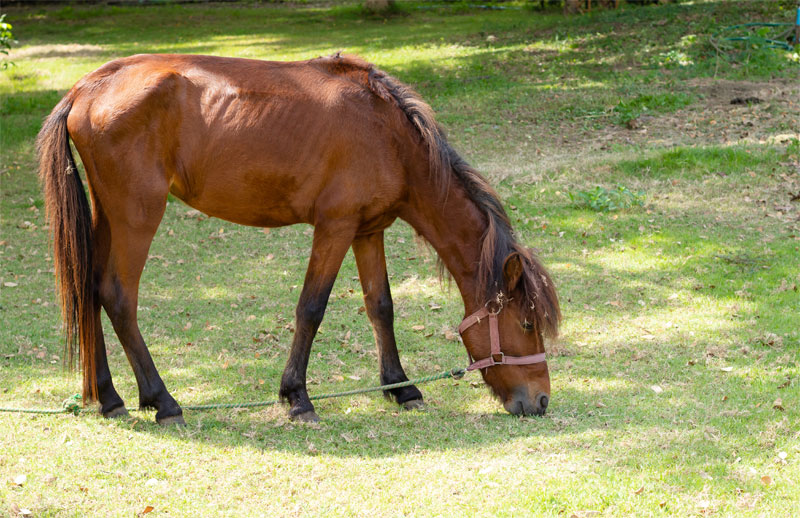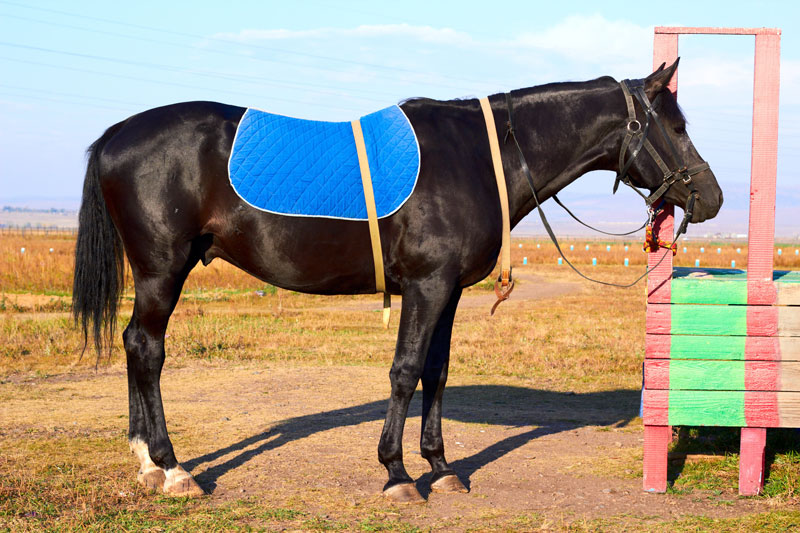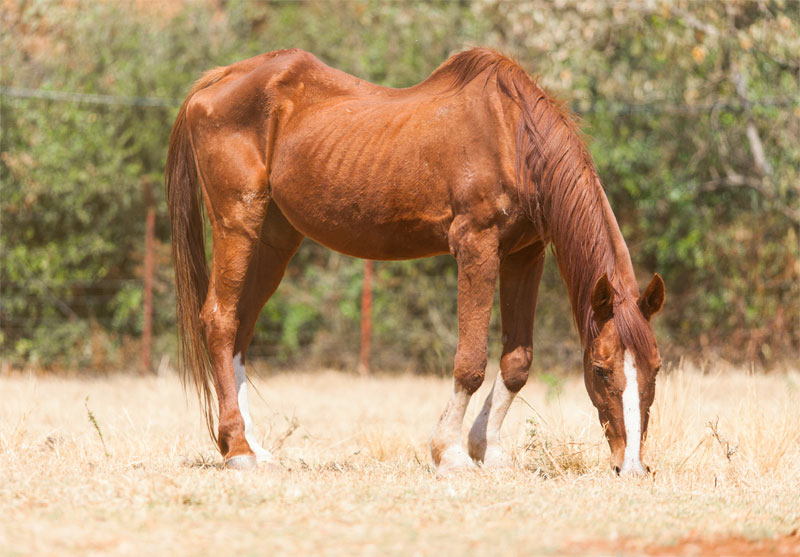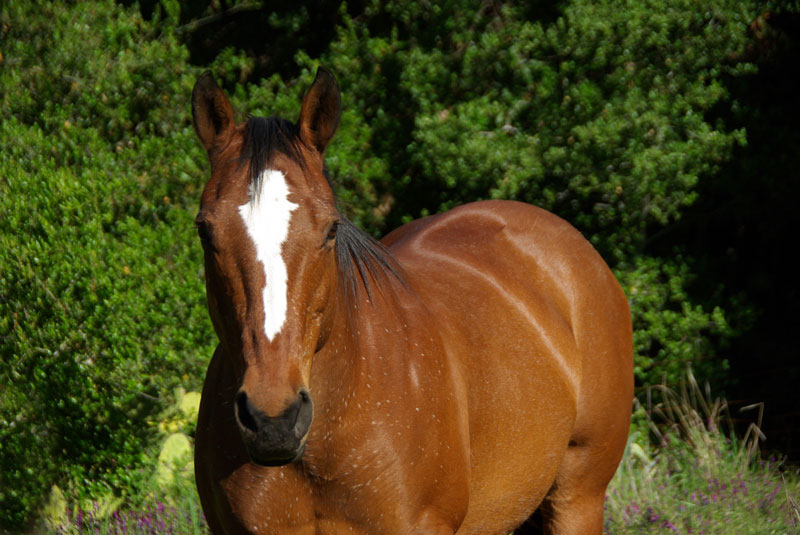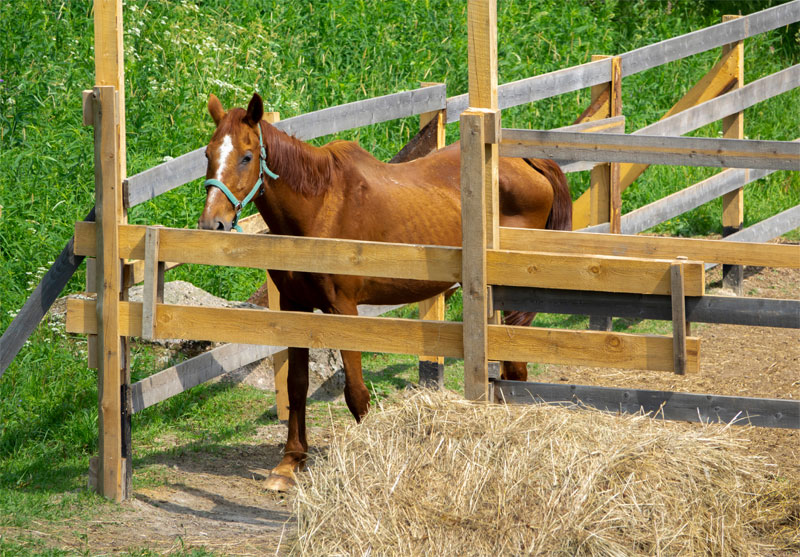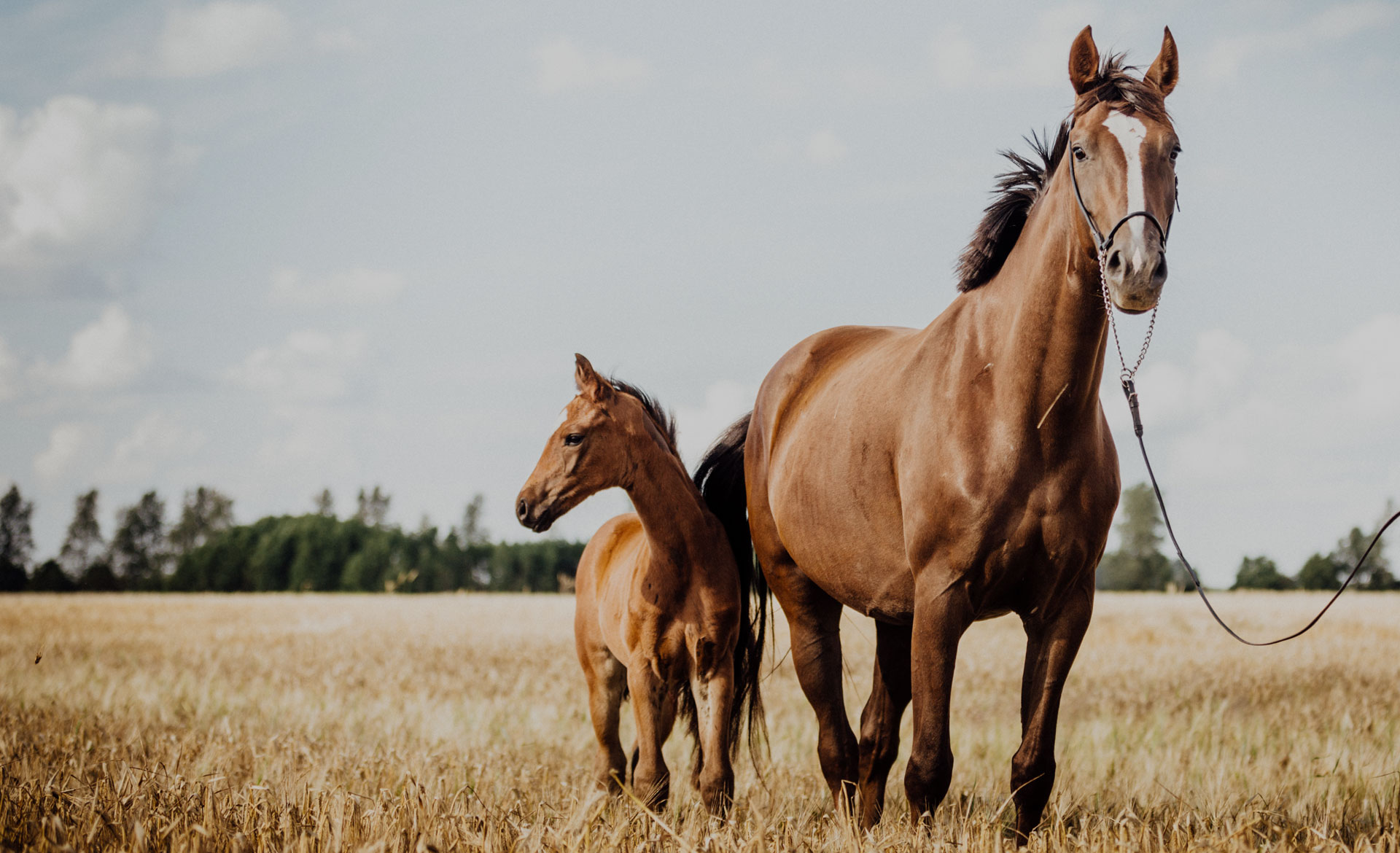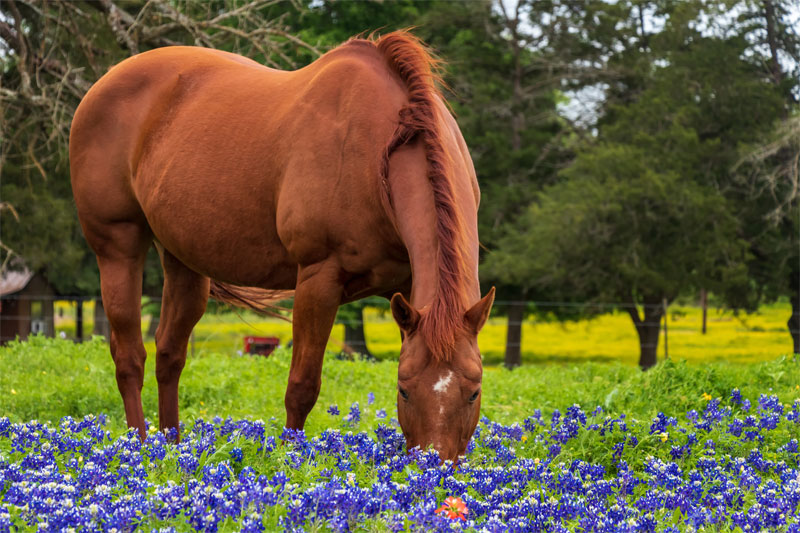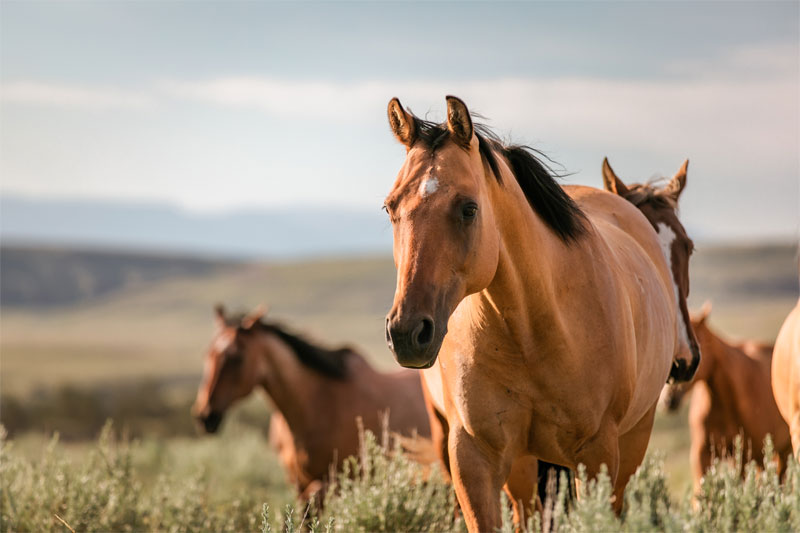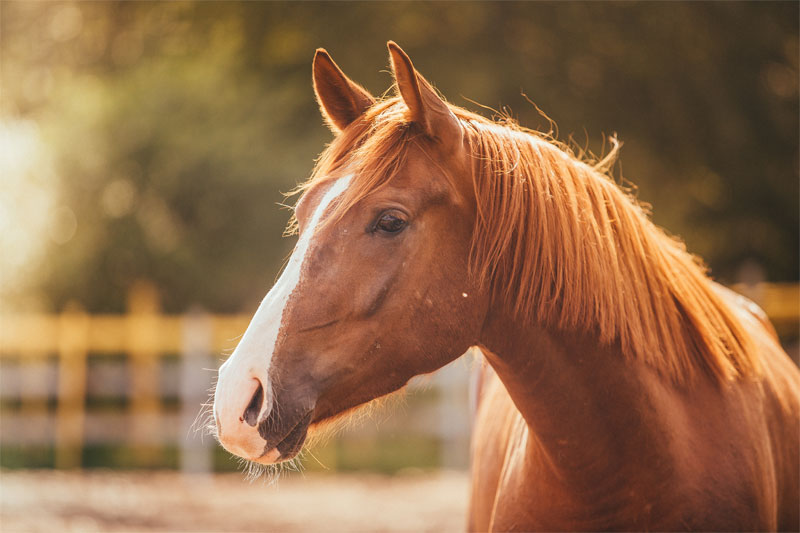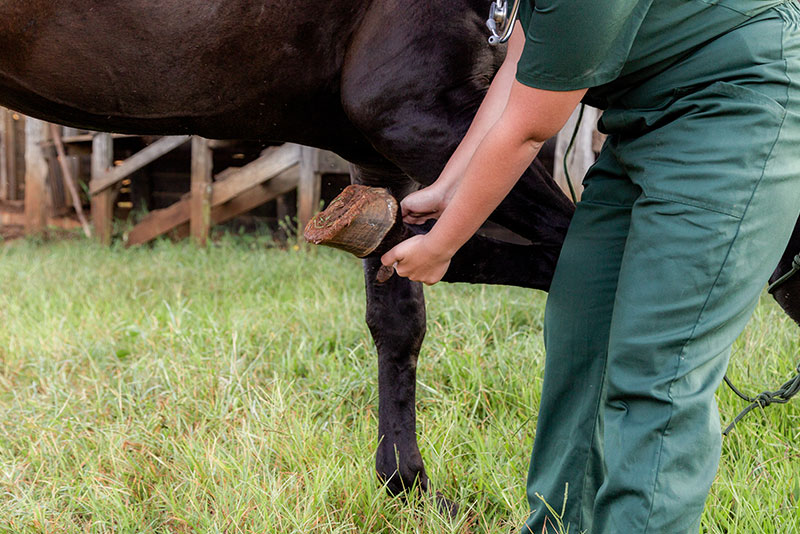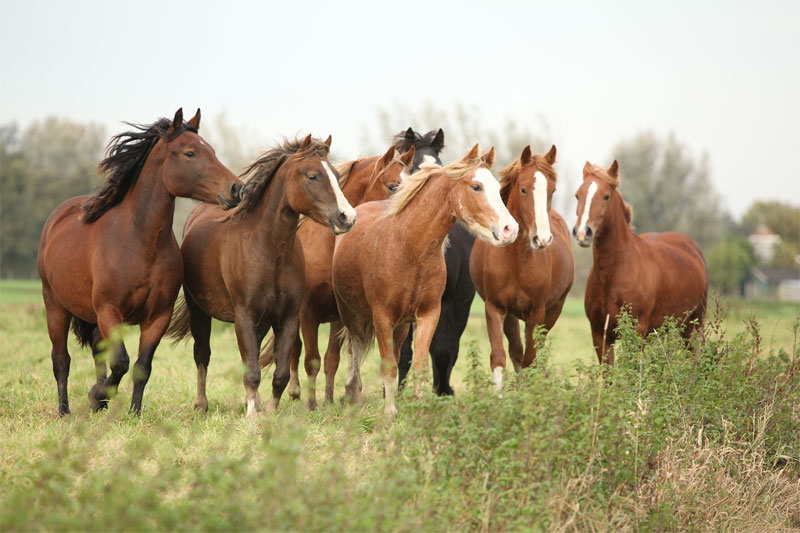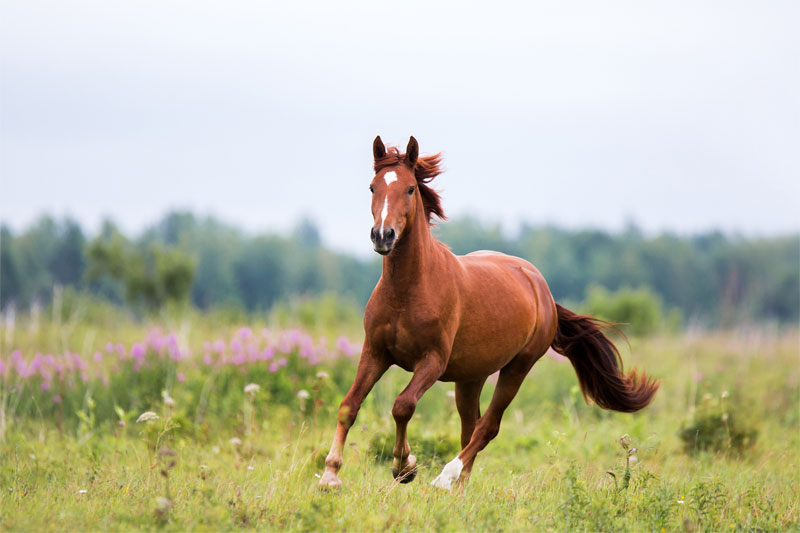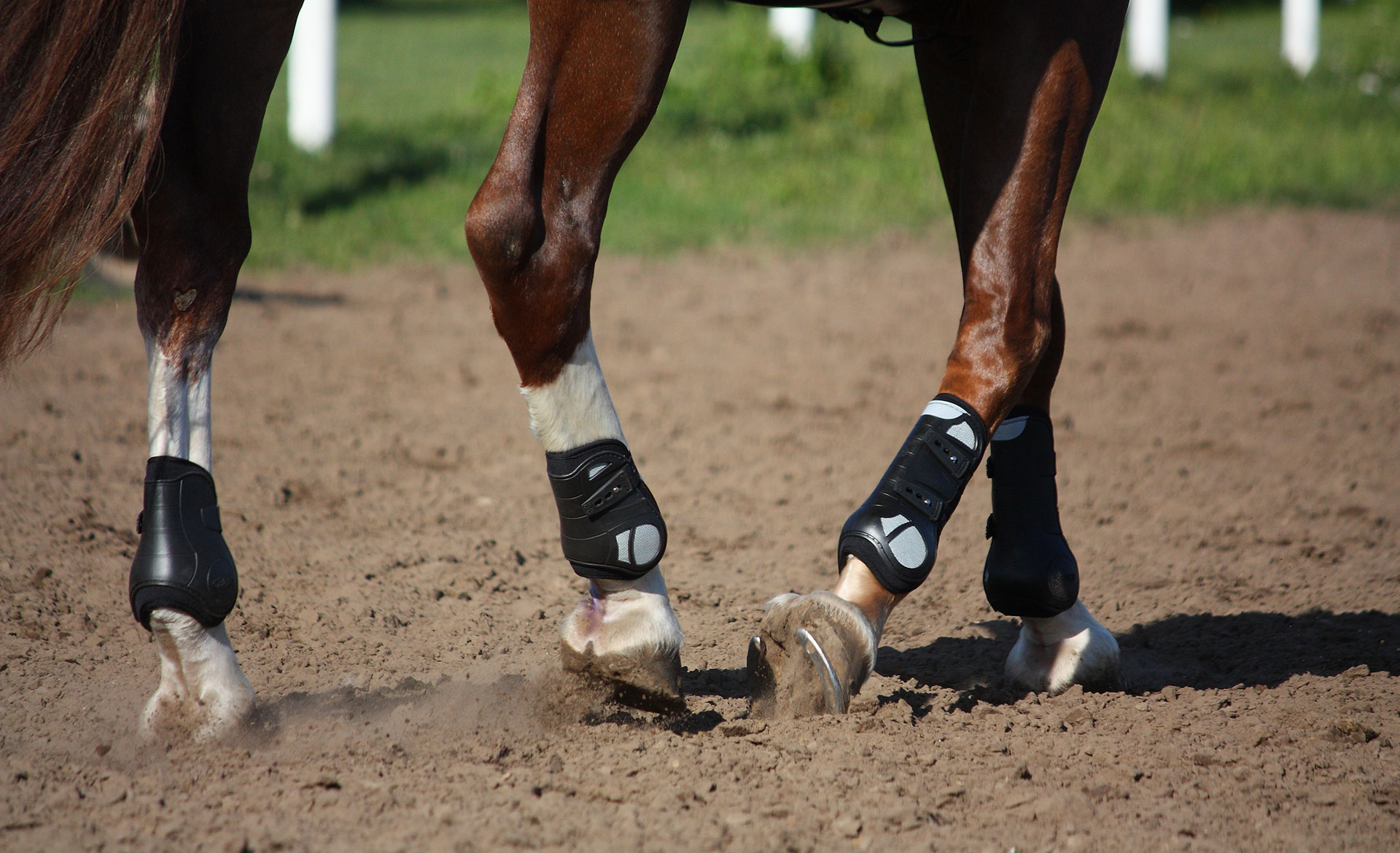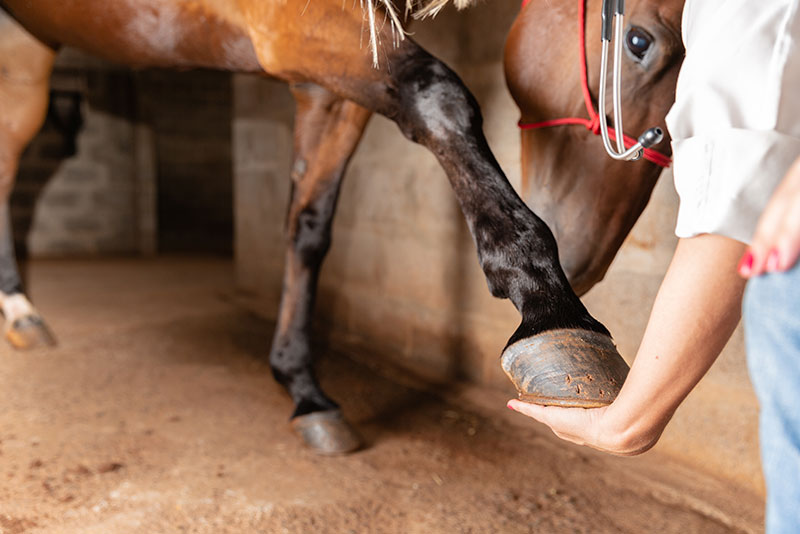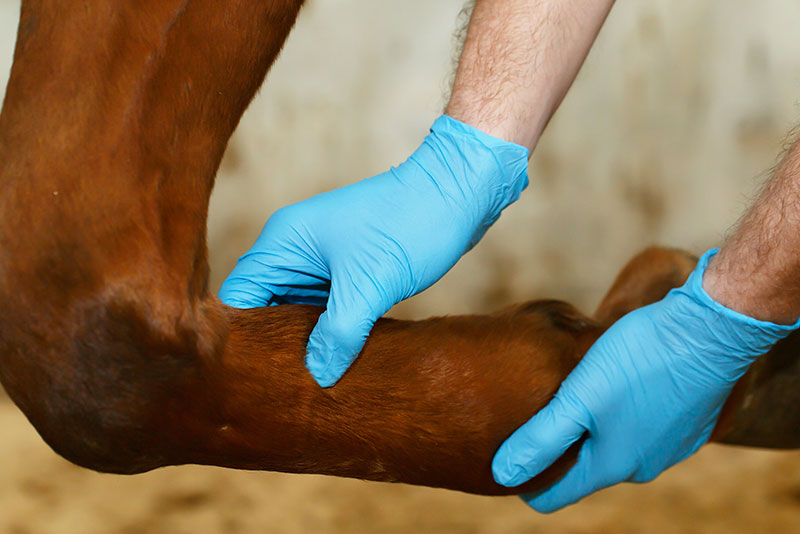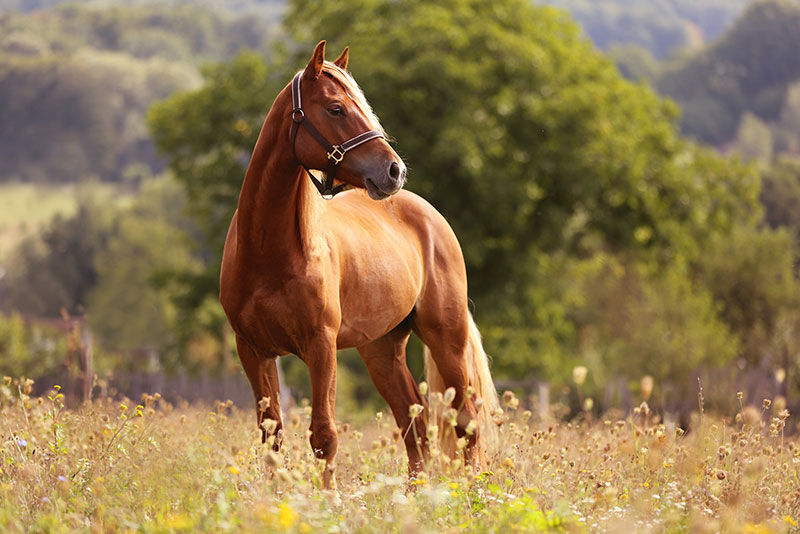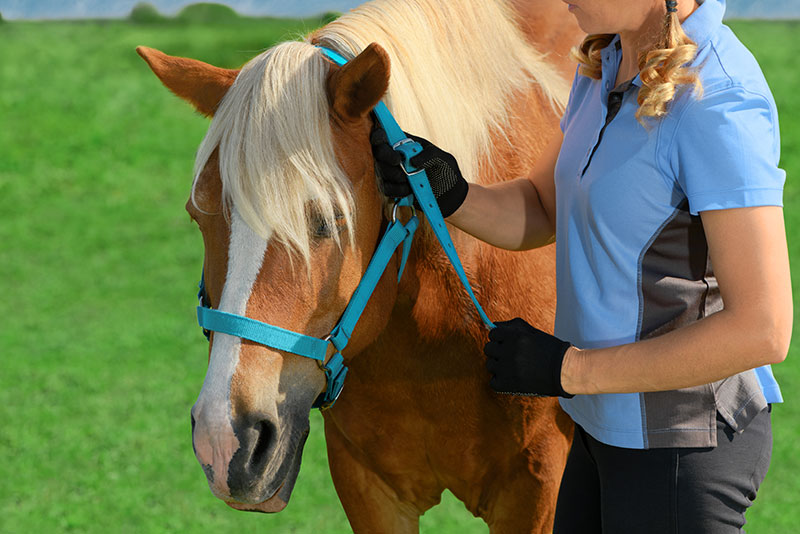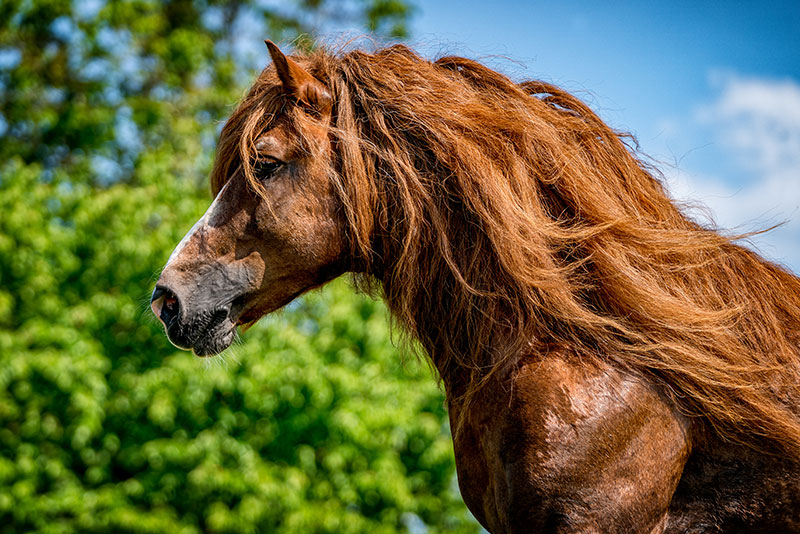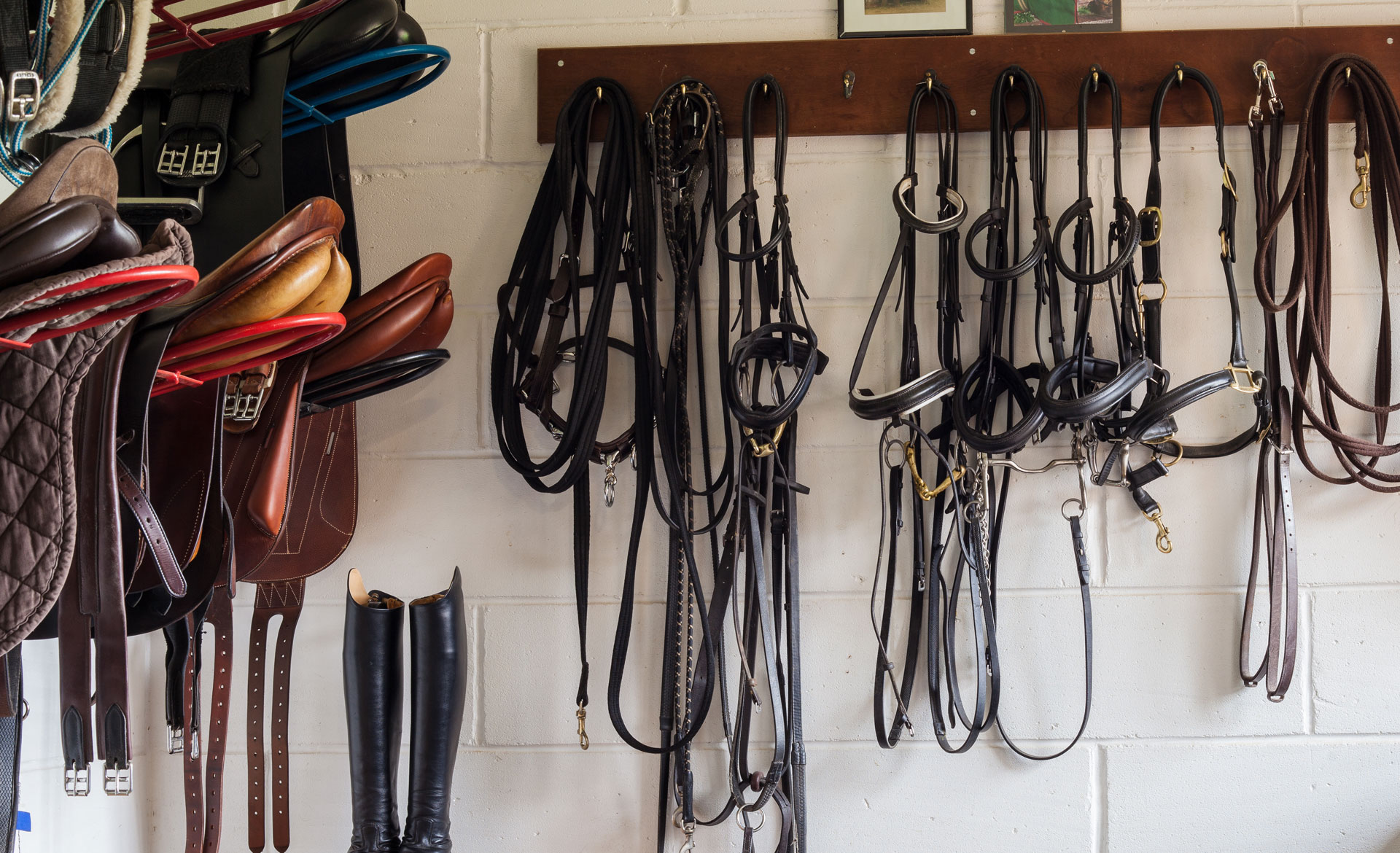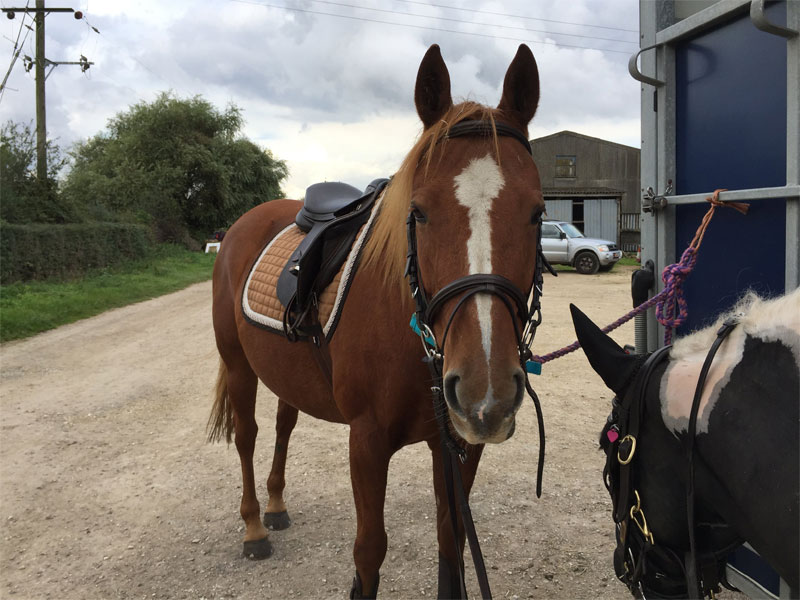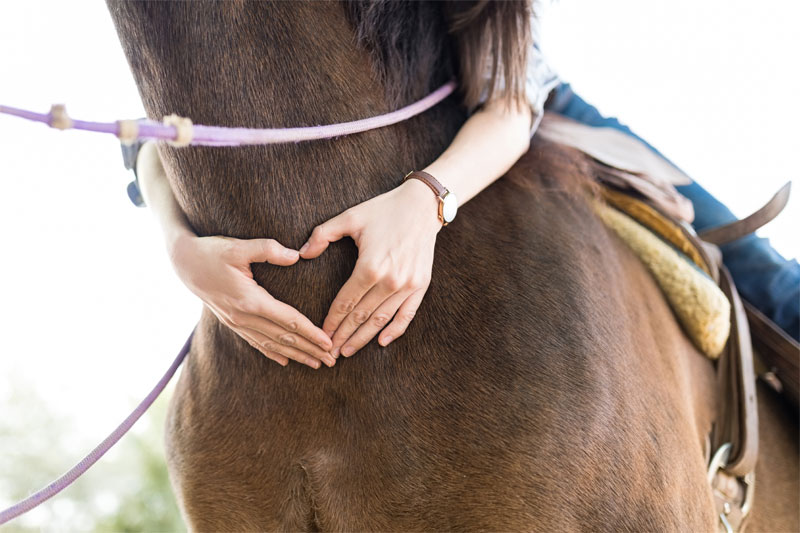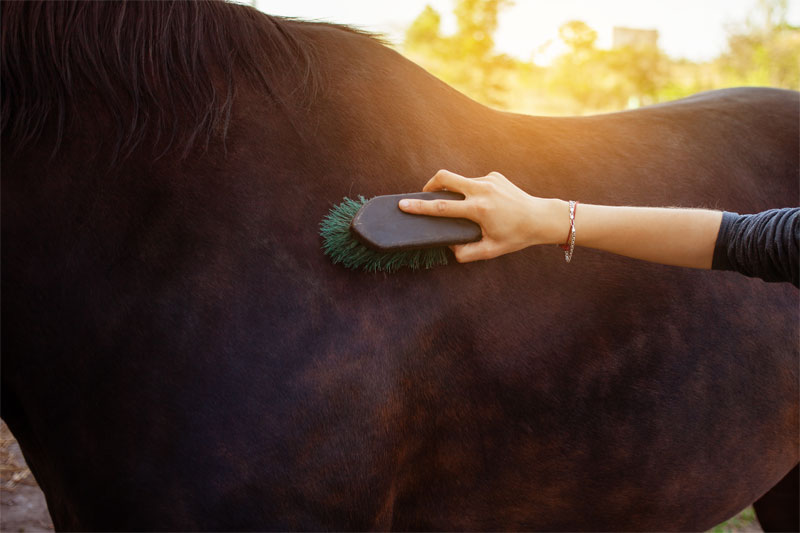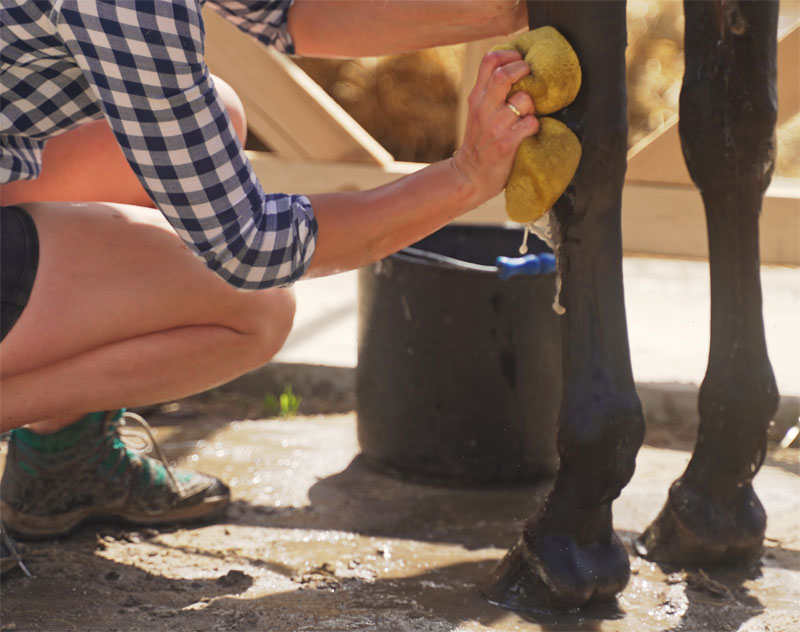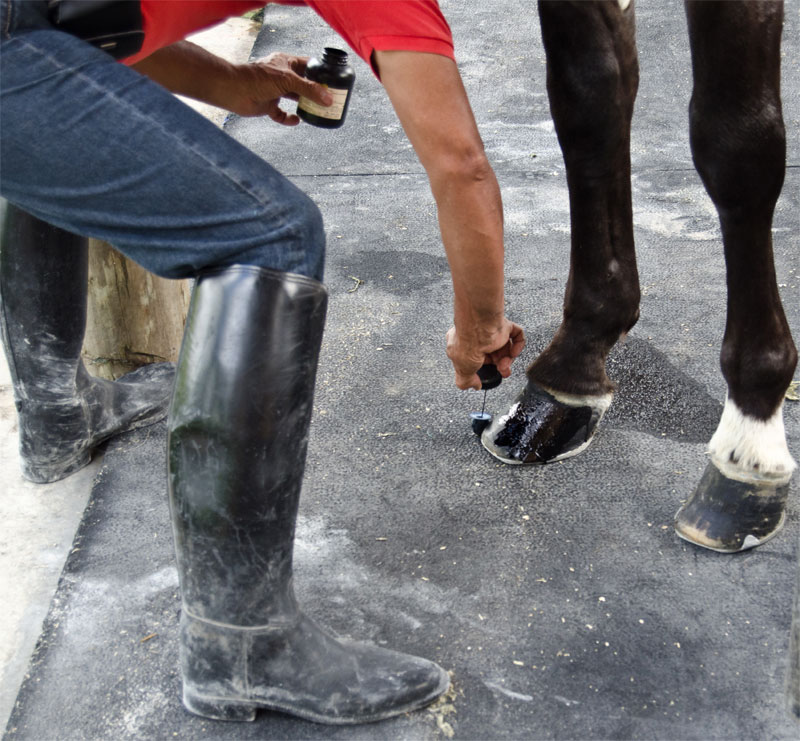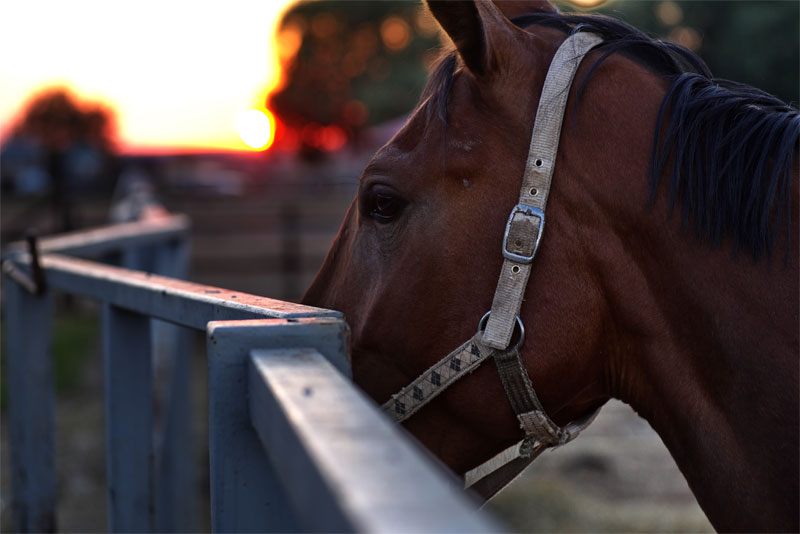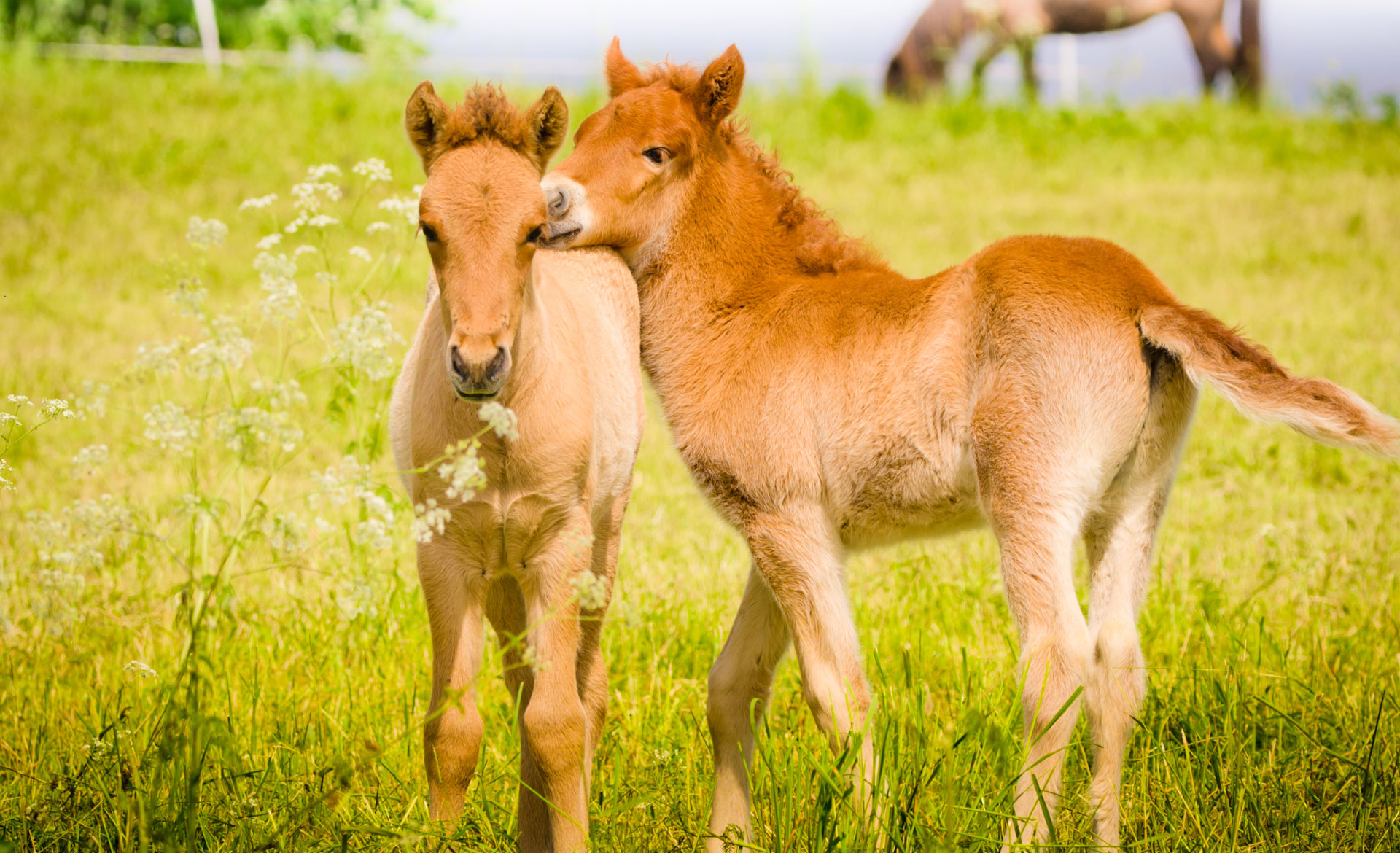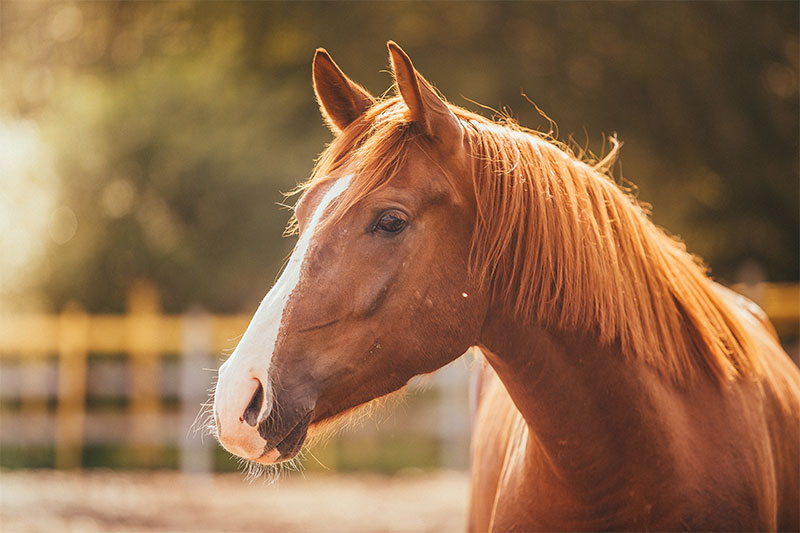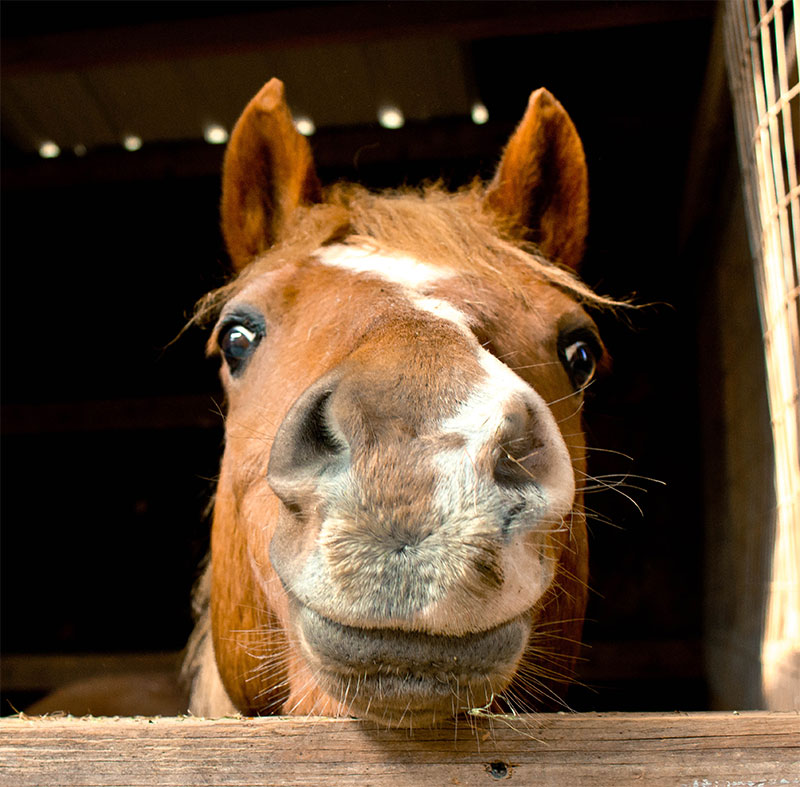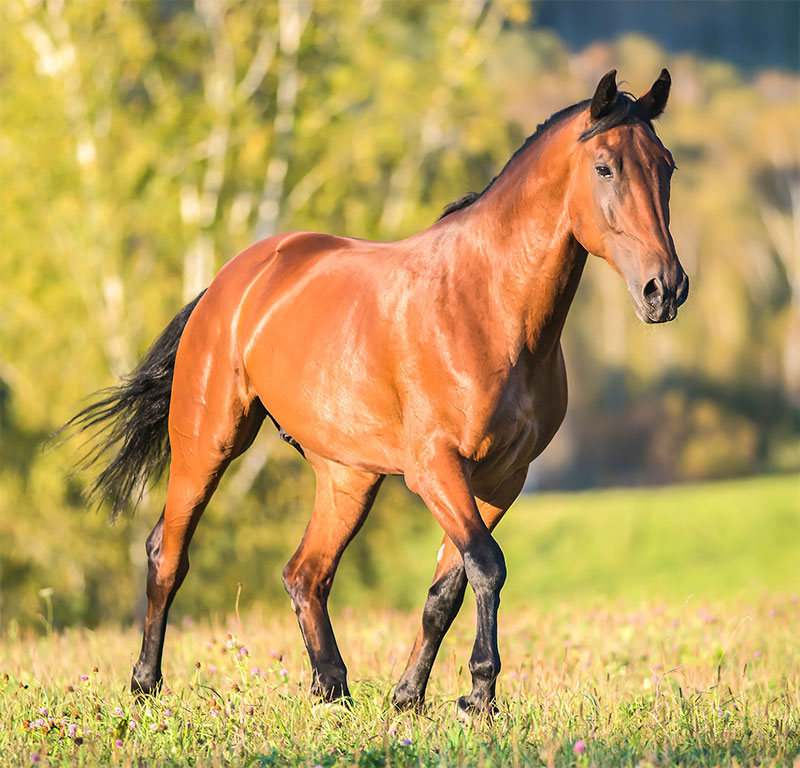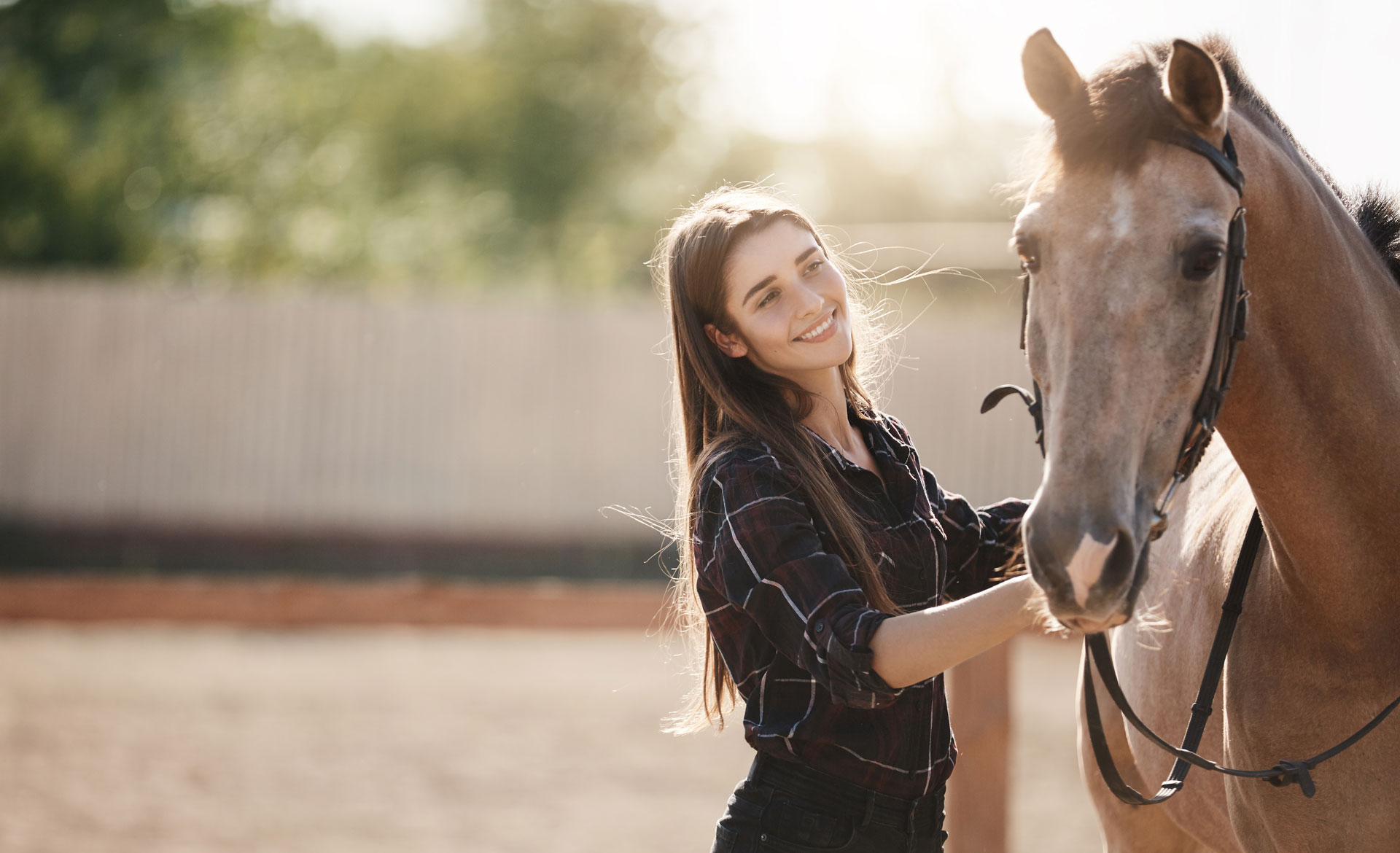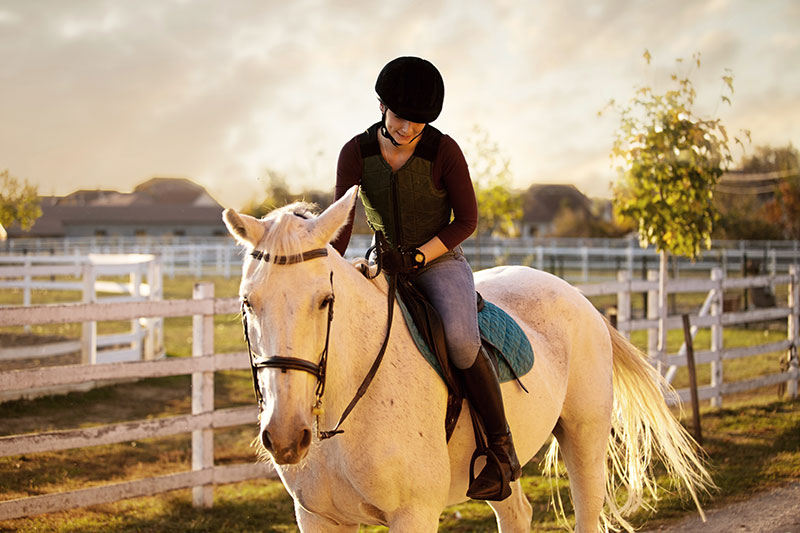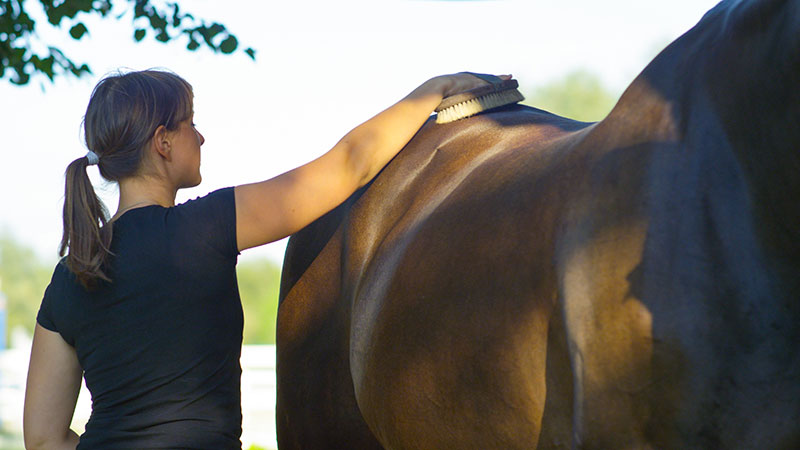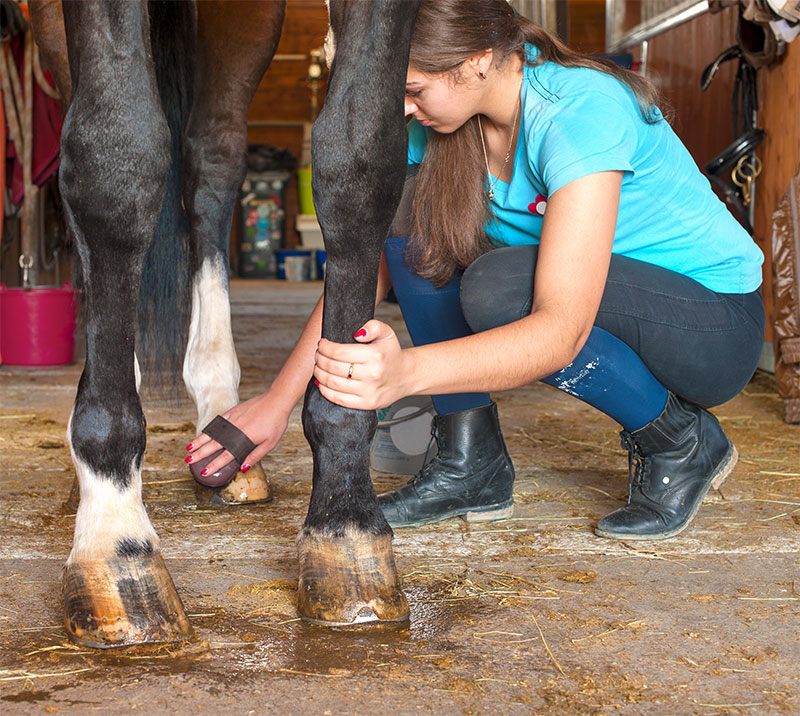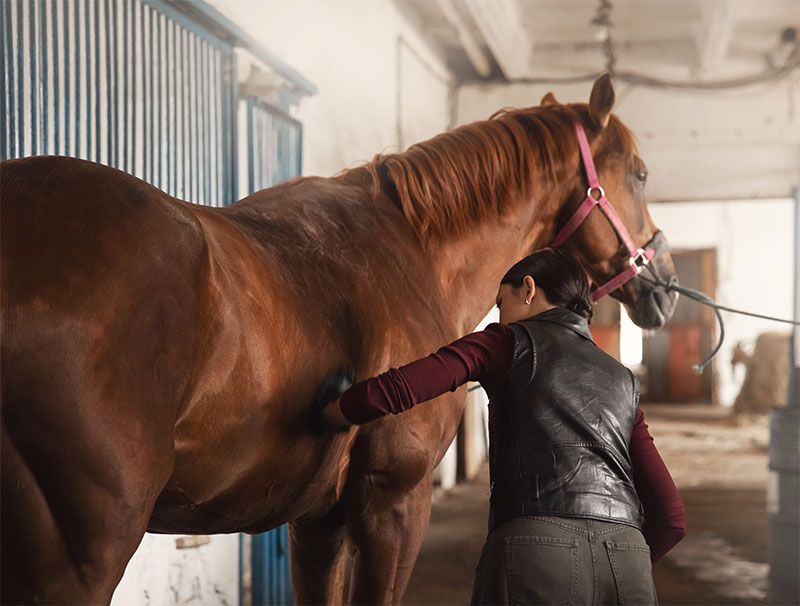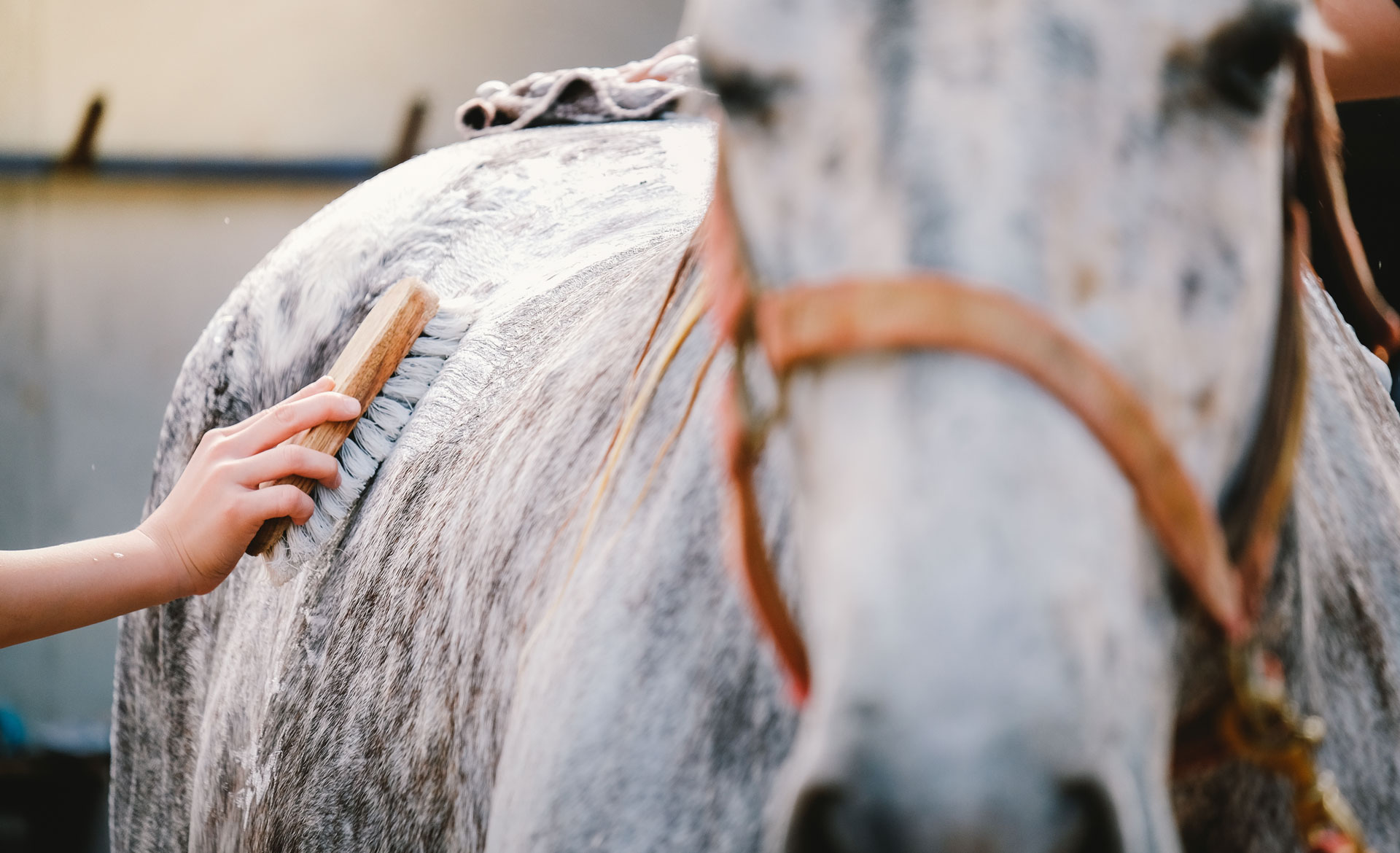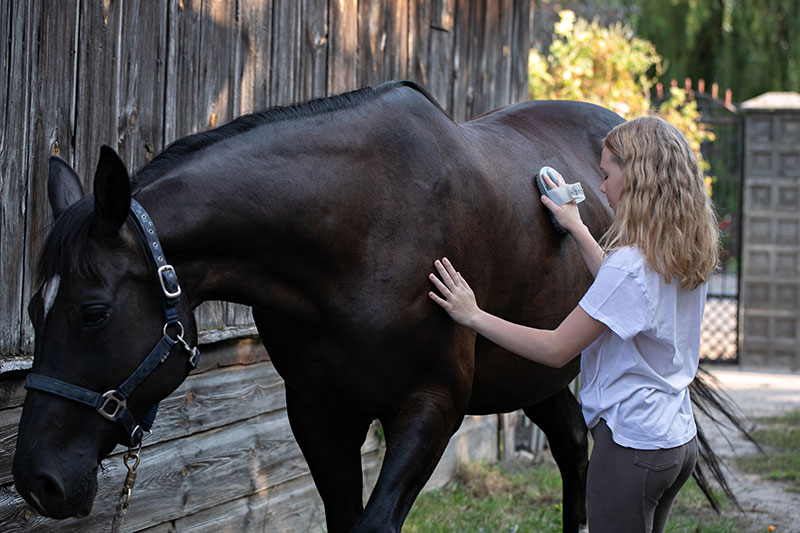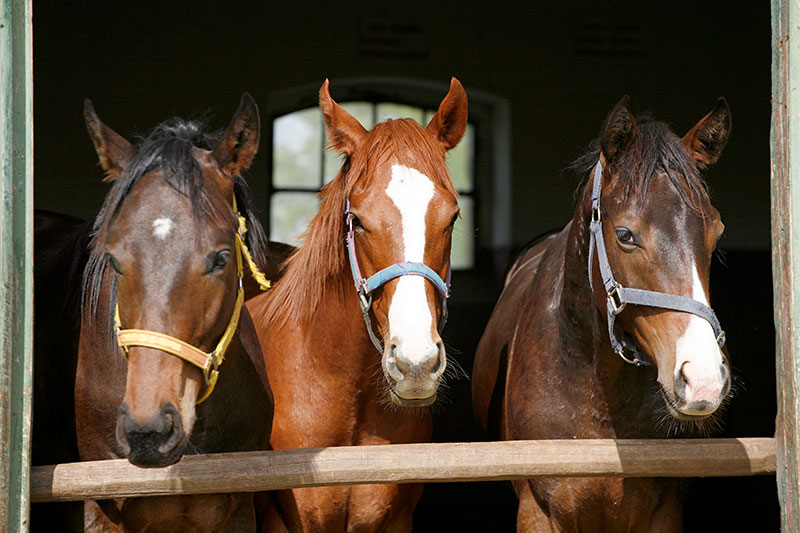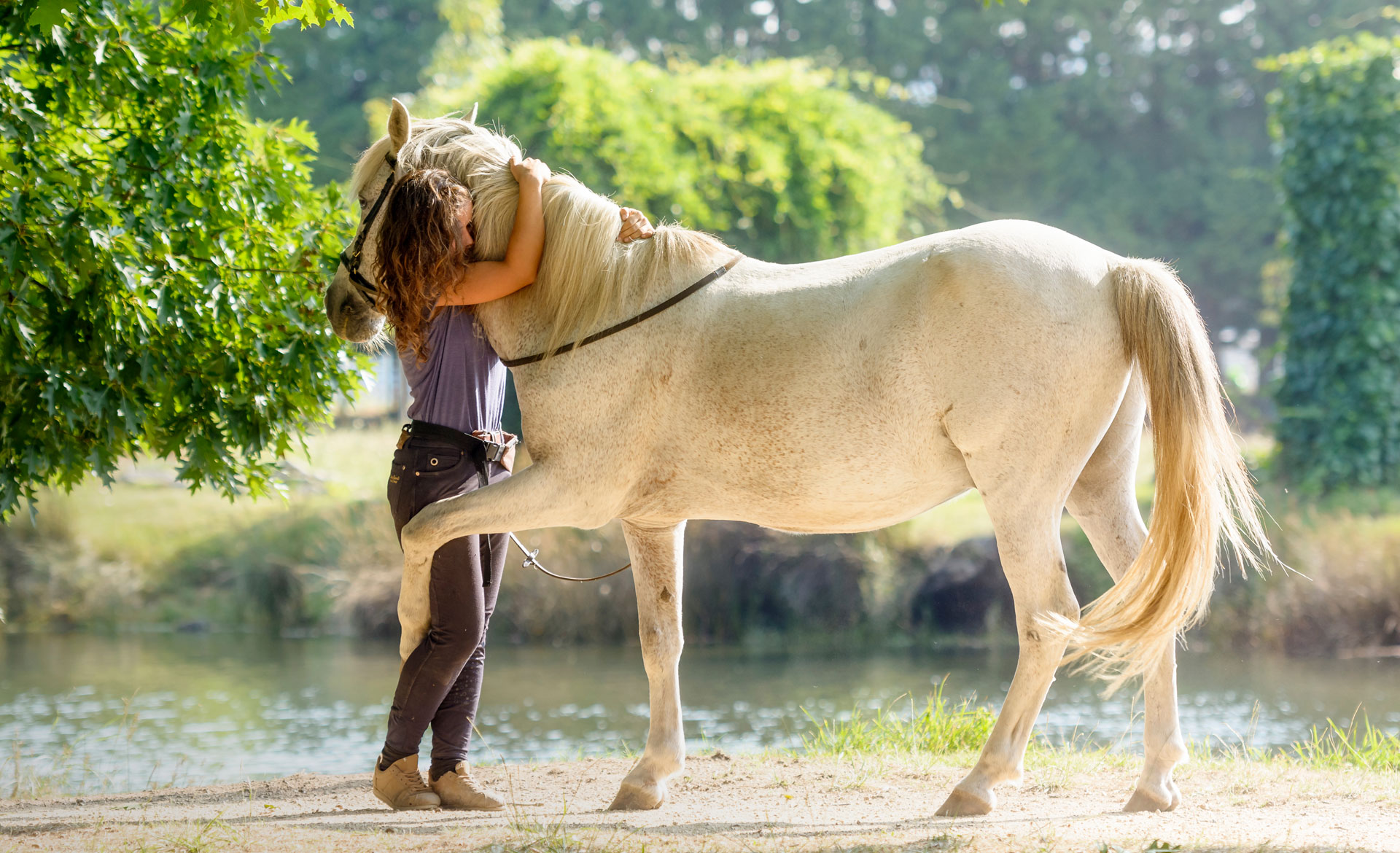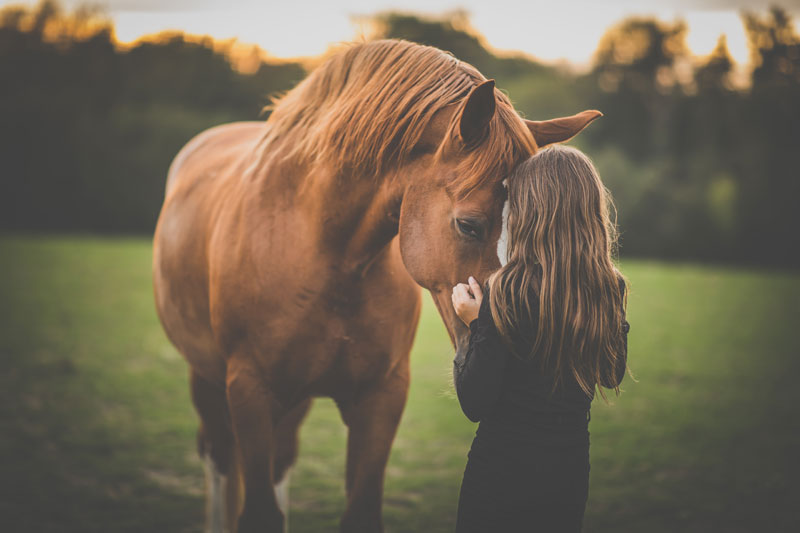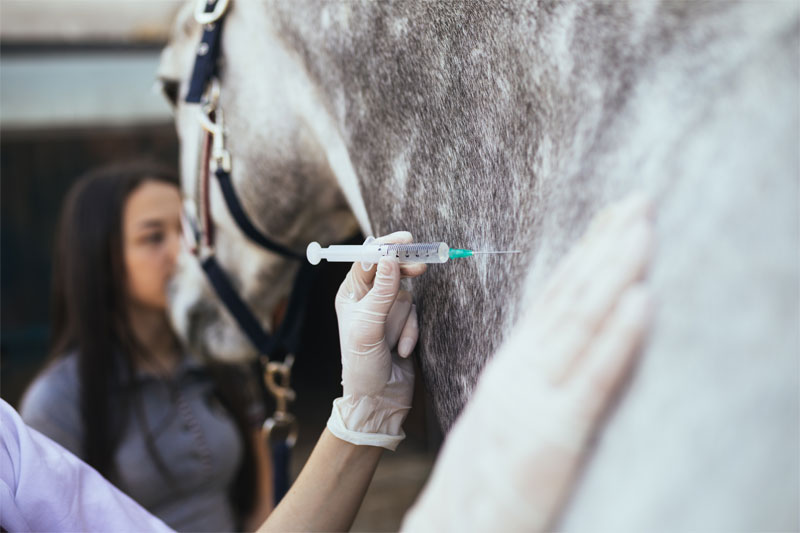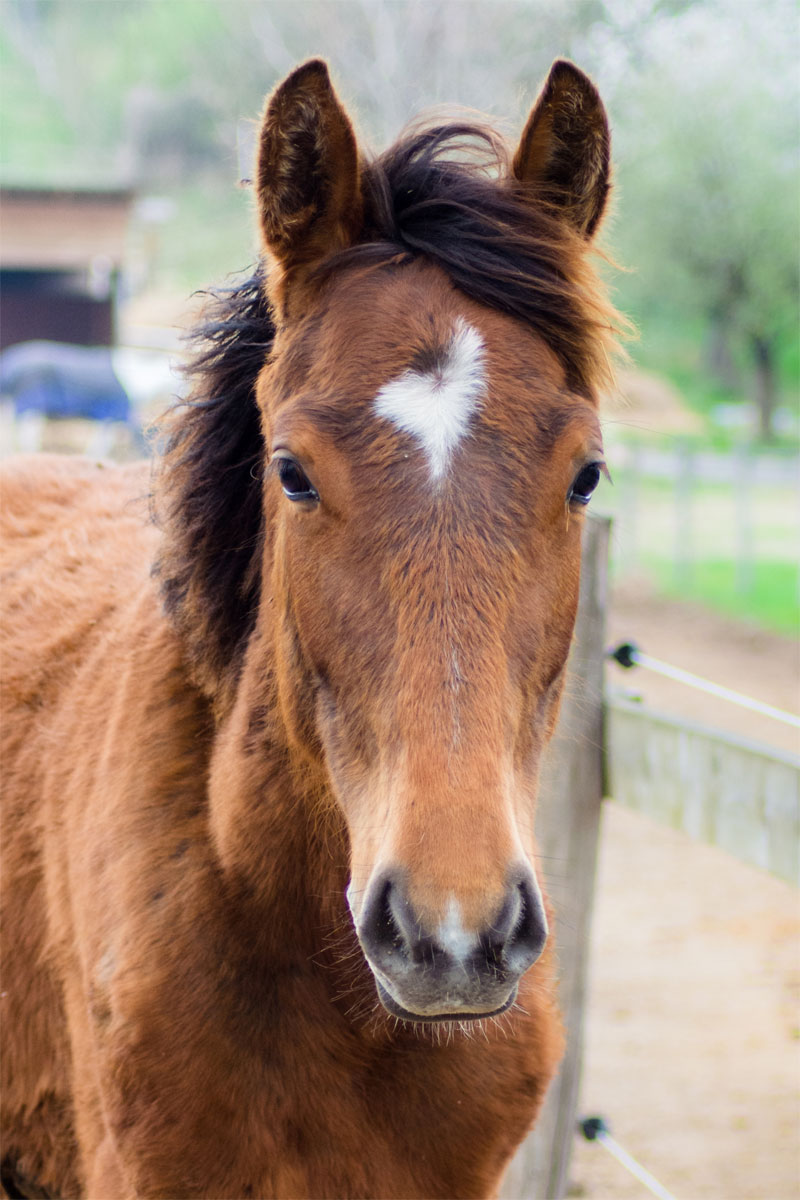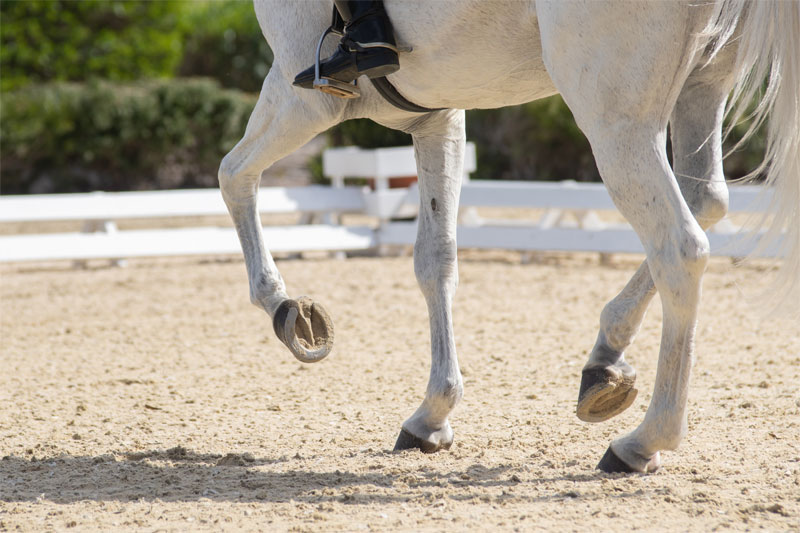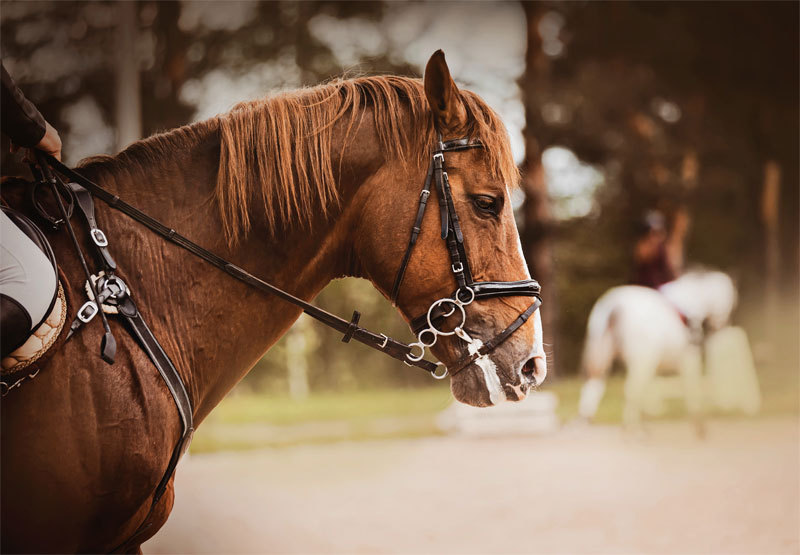
If you’re here, browsing our website, then we already know you’re interested in horses. Not only do our equine veterinarians and staff love horses, but we also find these creatures to be truly fascinating. Horses are beautiful, graceful animals, and each has its own personality.
Beyond their obvious allure, the companionship they can provide, and the countless reasons we choose to raise and care for horses, they are quite unique. Keep reading to learn 5 surprising facts about the animals we adore most, horses.
5 Interesting Facts About Horses
1. The Earliest Ancestors of Horses Were Quite Small
The Hyracotherium is the earliest known ancestor of modern horses. This little creature was a very small ungulate, about the same size as a golden retriever.
2. Horses Physically Can't Burp
The horse’s unique digestive system only runs in one direction, which means horses can’t burp or vomit.
3. Horses Can Sleep Standing Up
Horses usually sleep standing up. While they sometimes sleep in a resting position, they only do so for short stretches of time.
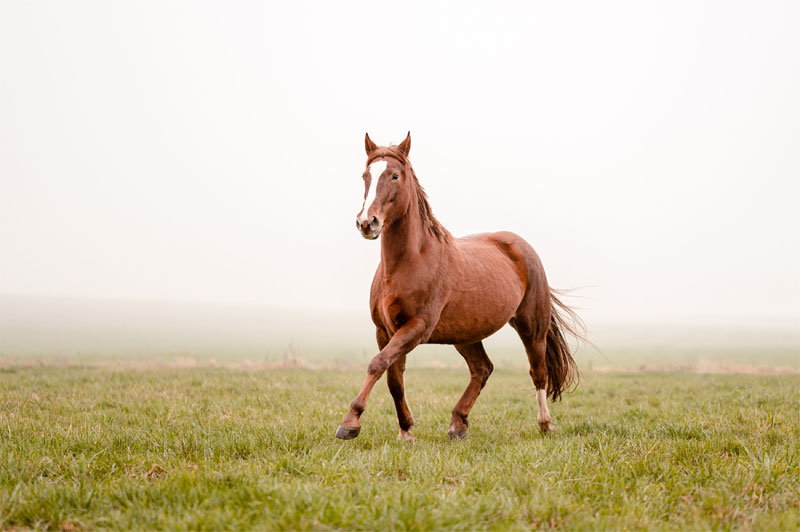
4. Horses Can't Breathe Through Their Mouths
Horses are only able to breathe through their noses, which means you should never call one a “mouth breather.”
5. Horses Can See Almost 360-Degrees at Once
With their eyes located on either side of their heads, horses have a field of vision that wraps almost 360-degrees around. They can see an awful lot at once, but they do have two blind spots: one is located directly behind them, and the other is directly in front of them just beneath their noses. As a result, horses can’t see the grain or the grass on which they feed and they need to use their highly sensitive whiskers to feel the apple slices you’re offering in your outstretched hand.
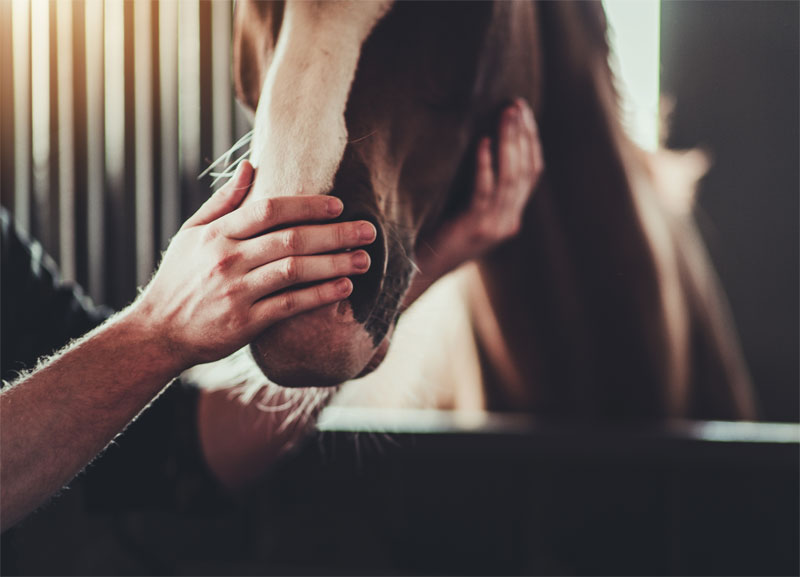
Horse Husbandry and Comprehensive Care With Our Equine Veterinarians
Advanced Equine of the Hudson Valley is an equine veterinary practice that’s as uniquely special as each of its patients. We are fully staffed with a team of board-certified veterinary specialists. From pre-purchase lameness examinations to wellness and preventative care plans, nutritional counseling, sick horse appointments, equine breeding, and everything in between, we are highly experienced in providing comprehensive veterinary care to horses of all ages, breeds, and uses.
To learn more about our full-service equine veterinary practice or to schedule an appointment for your horse, we welcome you to contact Advance Equine of the Hudson Valley today. We look forward to meeting you and providing high-caliber, personalized care designed to optimize performance and keep your horse healthy for life.

